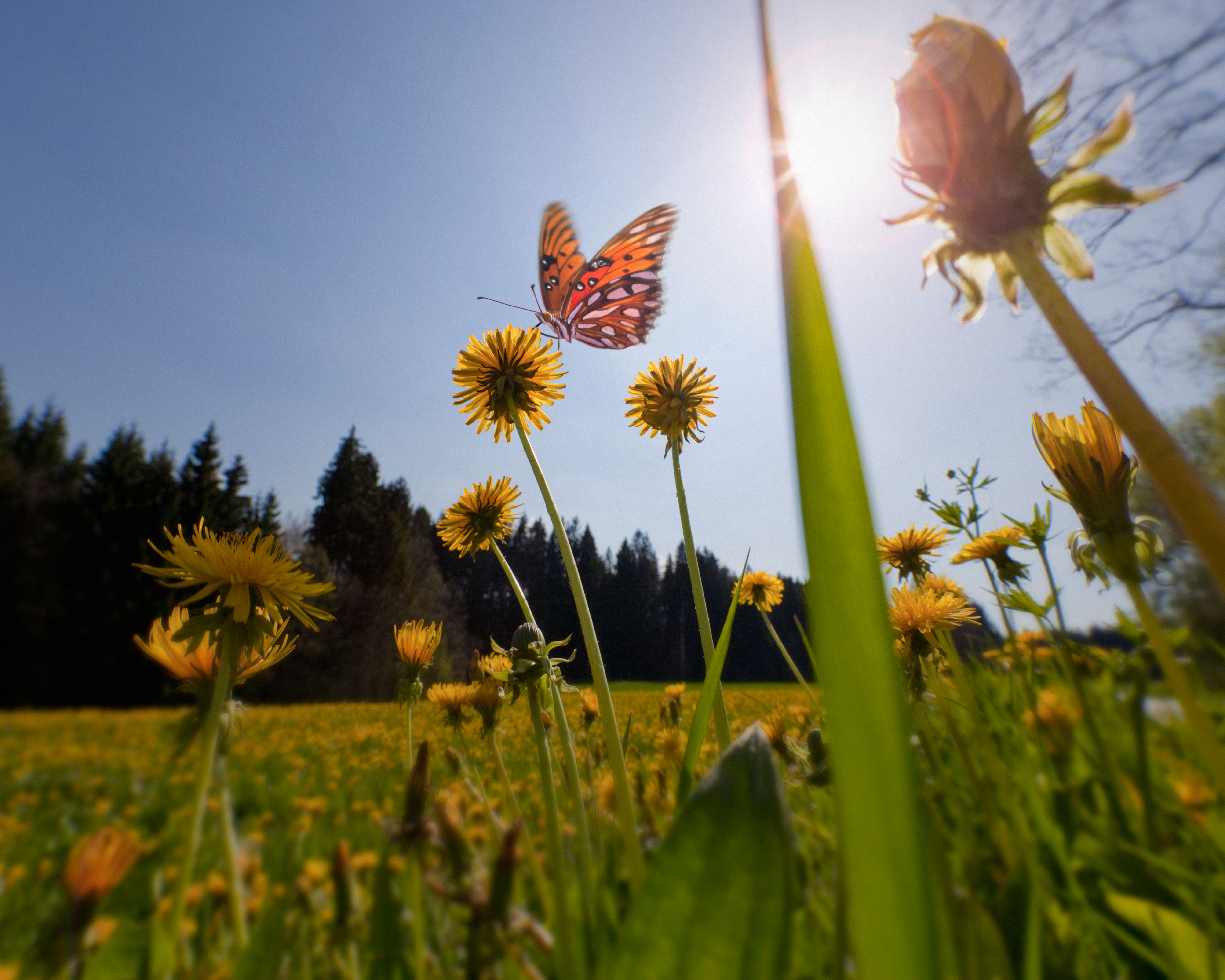Jason Goodwin: 'This is what it might be like if we weren’t so persistently restless and noisy and greedy and exploitative'
Nature's recovery over the last year, as lockdown changed life as we know it, has been startling. Jason Goodwin wonders if we can keep it going.

Do you know about the South Somerset Hum? It isn’t the sound of bees in a cider orchard or Morris men girding up on the village green, nor the buzz of an instrument, like the homely humstrum of William Barnes’s dialect poem, whose ‘ing-an-ing_ did ring the string,/As ang-an-ang_ the wires did clang’. I’m talking about a relentless ‘low-frequency humming’ that, according to a recent headline in the Western Gazette, is keeping local residents up at night.
Nobody knows what it portends, but Rory Manton gets it in Yeovil and Ann Gilbert in Taunton; each explains how they hear a low and awfully persistent drone as they settle down to sleep. Investigations are fruitless. Steven Martin, from Over Stratton, describes it being mostly like a tractor ticking over, but sometimes ‘like a 40-ton articulated lorry coming up through the village’. He’s been hearing it on and off since last July. Ear plugs don’t help. ‘Once you have tuned in on it,’ he tells the Gazette, ‘you can’t get away from it.’ My first thought was that it had been a slow news week in south Somerset, but now I’m not so sure.
The world, notoriously, went quiet last March. Work stopped. Commuting ceased. India stopped hammering, the Chinese stopped soldering, Americans dialled down their rowdy sporting fixtures. Across Europe, aeroplanes sat wingtip to wingtip on runways. Out in the roadsteads, the fleets — the cruise ships, the tankers, the container ships — rode noiselessly at anchor. Oil was so cheap they couldn’t give it away. The pitter-patter of tiny feet at school, the slamming of the cafe door, the bellowing of market traders, scrape of shovel, thunder of rubber on tarmac, were gone. It was all quiet on the global front.
"South Somerset might seem an eccentric starting point, but it has got to things first before, such as powered flight"
The natural world, like a hunted beast reprieved, pricked up its ears. With surprising suddenness, the air became cleaner in cities. The water grew clearer in Venice, as on the Ganges, and dolphins reappeared in Kolkata. Kashmiri goats tripped down to Llandudno and ate flowers in window boxes. Urban pigeons risked starvation, but pink flamingos flourished mightily in Albania, on a lake next to a once-busy road. All over, animals stepped out into the unwonted stillness to reclaim a little of the ground they’d lost.
‘We were the first,’ as the poet wrote, ‘that ever burst/Into that silent sea’, and probably the most radical shift was the new-found silence of the deep. Noise passes easily through water. For millennia, the sounds of the ocean were the burps, squeaks, growls and whinnying of marine life, from giant whales to tiny invertebrates, and the pattering of raindrops on the water. Then came the shipping, the engines, the drilling, the dynamite fishing, the seismic cannon, which drove marine creatures away from their natural feeding and breeding grounds in search of somewhere quieter.
But the levels of underwater noise fell, in lockdown, by 20%, and scientists observed whales and dolphins coming closer inshore. The fish, it seemed, could almost hear themselves think. (Joanna Lumley is onto this, with a campaign to use underwater drones to defuse old bombs quietly on the seabed; detonation costs just as much, but terrifies undersea creatures and even kills them.)
This is what it might be like if we weren’t so persistently restless and noisy and greedy and exploitative. South Somerset might seem an eccentric starting point, but it has got to things first before, such as powered flight, which began in Chard. For now I, too, am starting to hear The Hum and getting an inkling of what it might be.
Exquisite houses, the beauty of Nature, and how to get the most from your life, straight to your inbox.